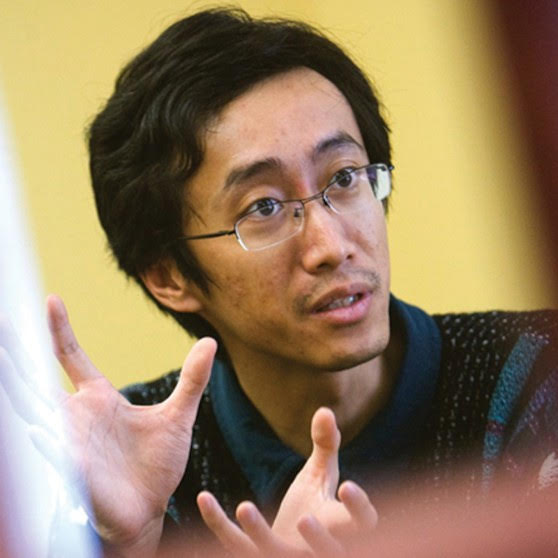Faculty Candidate Seminar
Small-Data Learning in Big Cyber Physical Systems
This event is free and open to the publicAdd to Google Calendar

Abstract: This talk introduces physics-aided approaches to improve learning in cyber-physical systems (CPS). Learning has become a useful tool for data-rich problems. However, its use in CPS has been limited because of its need for a large amount of well-labeled data for each situation. This is especially challenging and often impossible due to the high number of variables that can affect data distribution in CPS (e.g. weather, time, persons, etc). This talk introduces combinational techniques that incorporate physical models and hardware to enable learning in CPS with “small data”. In particular, we 1) improve sensed data through actuation of the sensing system and 2) combine and transfer data from other domains using the physical understanding. This talk illustrates these approaches through two types of CPS. First, I will introduce a city-wide mobile system that utilizes existing taxi fleets to optimize multiple goals including smart city sensing, mobility, budget, passenger pickup, etc. Then I will introduce the concept of Structures as Sensors, where the structure (e.g., a building) acts as the physical elements of the sensor, and the structural response is interpreted to obtain information about the occupants. Finally, I will present how these approaches improve the understanding by presenting our large-scale deployments in the domains of public health, eldercare, and farming.
Bio: Pei Zhang is an Associate Research Professor in the Electrical and Computer Engineering departments at Carnegie Mellon University. He received his bachelor’s degree with honors from California Institute of Technology in 2002, and his Ph.D. degree in Electrical Engineering from Princeton University in 2008. His early work ZebraNet, which tracks wild zebras in Kenya is considered one of the seminal works in sensor networks. It was the first deployed, wireless, ad- hoc, mobile sensor network for which he received the Test-of-Time Award in 2017. His recent work focuses on Cyber-Physical systems that utilizes the physical properties of devices and structures as a sensor to discover surrounding physical information. As part of this, his work combines machine learning-based data models, physics-based models, as well as heuristic models to improve the understanding of the sensing system. His approach is applied to the fields of medicine, drones, farming, retail, and was part of multiple startups. His work has been featured in popular media including CNN, Science Channel, Discovery Channel, CBS News, CNET, Popular Science, BBC Focus, etc. In addition, he has won several awards including the NSF CAREER award (2012), SenSys Test of Time Award (2017), Google faculty award (2013, 2016), and a member of the Department of Defense Computer Science Studies Panel.
 MENU
MENU 
